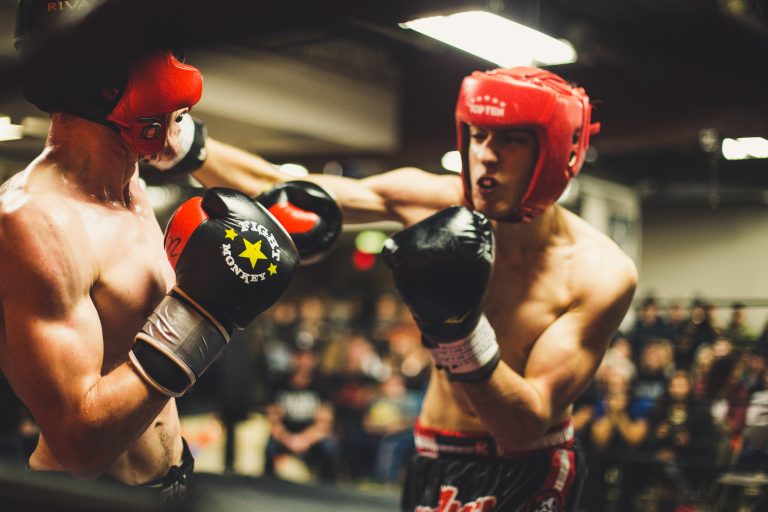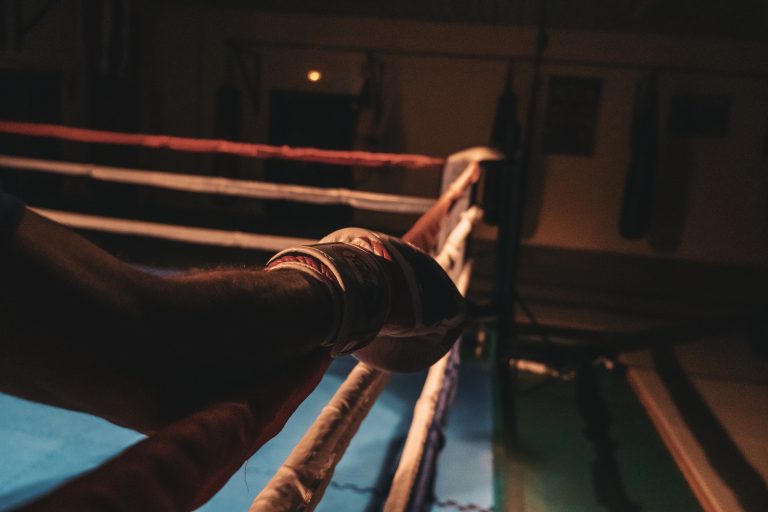Mental Training in Karate-do: How to Develop Inner Strength
Karate-do is a traditional Japanese martial art that is based on the principles of developing mental and physical strength. While many people practice karate-do for physical fitness and self-defense, the mental aspect of the art is equally important, if not more so.
In karate-do, the goal is not to simply overpower your opponents, but to develop inner strength and mental fortitude that can be applied to all areas of your life. Whether you are seeking to improve your focus, build resilience, or cultivate a sense of inner peace, there are several mental training techniques that can help you achieve these goals.
Visualisation
Visualisation is a powerful mental training technique that involves creating vivid mental images of yourself achieving your goals. In karate-do, visualisation can be used to help you stay focused during training or to mentally prepare for an upcoming tournament or fight.
To practice visualisation, find a quiet place where you can focus, and then create a mental image of yourself achieving your goal. Visualise every detail of the scene, including your outfit, your posture, and the environment around you. As you visualise yourself succeeding in your goal, repeat positive affirmations to yourself to reinforce your belief in your ability to achieve it.
Meditation
Meditation is a mental training technique that involves focusing your attention on breathing or a specific object or phrase. The practice of meditation has been shown to reduce stress, improve focus, and enhance overall well-being.
In karate-do, meditation can be used to help you quiet your mind and focus on the present moment. Sit comfortably with your back straight and your eyes closed, and then focus on your breathing. As thoughts arise, acknowledge them and then let them go, returning your focus to your breath. Repeat for at least 10 minutes a day to build your mental endurance.
Affirmations
Affirmations are positive statements that you can repeat to yourself to reinforce your belief in your abilities. In karate-do, affirmations can be used to boost your confidence and focus on your strengths.
To create positive affirmations, start by identifying the areas where you need to build confidence. For example, if you struggle with maintaining focus during training, create an affirmation that says “I am focused and present in every moment.” Repeat this affirmation to yourself regularly, especially before and during training.
Conclusion
Mental training is an essential part of karate-do, and in fact, any athletic endeavour. By incorporating these techniques into your training routine, you can strengthen your mind and develop the inner strength needed to succeed both on and off the mat. So, try visualisation, meditation, and affirmations to develop your mental fortitude and excel in your karate-do practice.
The Most Frequently Asked Questions About Mental Training in Karate-do: How to Develop Inner Strength
Mental training is an essential aspect of Karate-do that helps improve focus, develop emotional control, and enhance self-awareness, ultimately leading to the development of inner strength. As a beginner, you might have several questions about mental training in Karate-do. In this blog post, we will address some of the most frequently asked questions about mental training in Karate-do and provide you with helpful answers.
1. What is mental training in Karate-do?
Mental training in Karate-do refers to the practice of developing mental strength and resilience to cope with the physical and emotional demands of the martial art. Mental training is essential to improving focus, self-awareness, and calming the mind. By practicing mental training, Karate-do practitioners develop an enhanced ability to control their emotions and respond to situations with clarity and decisiveness.
2. How can mental training help you in Karate-do?
Mental training can help you in several ways in Karate-do, including:
- Developing focus: Mental training exercises help you develop your focus and concentrate your mind on the task at hand. This helps you stay alert and aware of your surroundings, allowing you to react quickly and effectively to any situation that arises.
- Developing emotional control: Mental training helps you develop emotional control, allowing you to remain calm and composed in the face of adversity. This helps you avoid becoming overwhelmed by your emotions and enables you to make rational decisions in high-pressure situations.
- Enhancing self-awareness: Mental training exercises help you become more self-aware, enabling you to identify your strengths and weaknesses and work on areas where you need improvement.
- Building confidence: Mental training helps you build confidence and self-belief, allowing you to perform at your best and achieve your goals.
3. What are some mental training exercises you can practice in Karate-do?
Here are some mental training exercises you can practice in Karate-do:
- Meditation: Meditation is an excellent mental training exercise that helps improve focus, develop emotional control, and enhance self-awareness. You can try a few minutes of seated meditation at the beginning and/or end of your training sessions.
- Visualization: Visualization is a mental training exercise that involves imagining yourself performing a specific technique or kata. This helps you develop your technique and can help reduce anxiety before an event.
- Affirmations: Affirmations are positive statements that you repeat to yourself to develop self-confidence and improve your mental outlook. You can use affirmations before or after training sessions, or throughout the day to help build confidence and maintain a positive mindset.
- Breathing exercises: Breathing exercises are an excellent way to develop focus and reduce stress. You can try simple breathing exercises like deep breathing or belly breathing at the beginning or end of your training sessions, or when you need to calm your mind.
4. Can mental training help with competition nerves?
Yes, mental training can help with competition nerves. By practicing mental training exercises, you can develop emotional control, reduce anxiety and develop greater focus. This will help you stay calm and composed during competitions, allowing you to perform at your best.
5. How can you integrate mental training into your Karate-do practice?
You can integrate mental training into your Karate-do practice in several ways, including:
- Set aside time before or after training sessions to practice mental training exercises, such as meditation or visualization.
- Use mental training techniques during your training to help you focus and maintain a positive mindset.
- Practice mental training techniques throughout the day to help build confidence and maintain a positive mindset.
- Work with a mental training coach or expert to develop a personalized mental training program that meets your specific needs and goals.
Conclusion
Mental training is a critical aspect of Karate-do that can help you develop focus, emotional control, self-awareness, and confidence. By practicing mental training exercises regularly, you can improve your mental outlook, reduce stress and anxiety, and perform at your best in training and competition. If you have any further questions about mental training in Karate-do, consult with your sensei or a mental training expert.
Inhaltsverzeichnis






